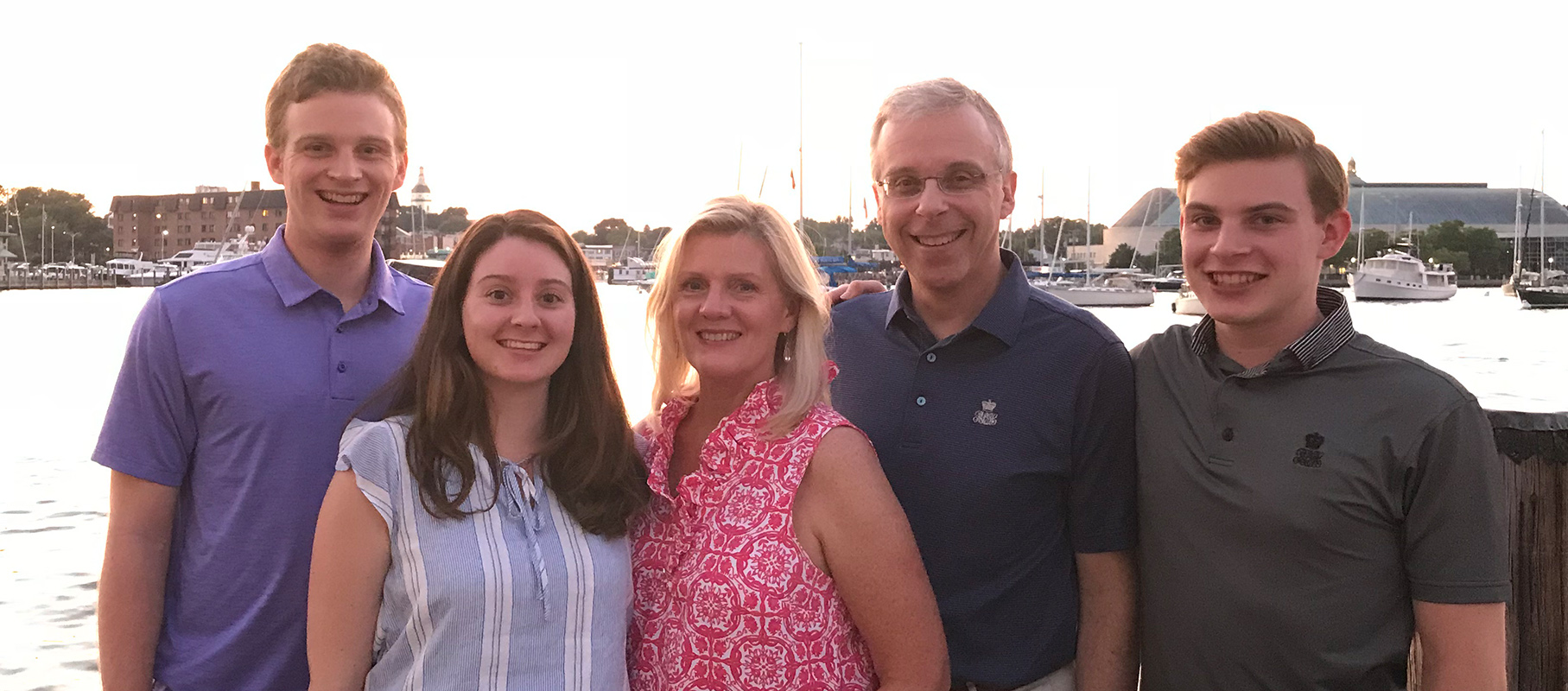

Reclaiming My Self-Worth After Losing $2.25B
Warwick Fairfax
August 19, 2019
Growing up in a 150-year-old family media business, my self-worth was inextricably tied to the family business and the family dynasty. I saw my role in life as carrying on the family business to the next generation, and to honor the legacy of my great-great-grandfather, John Fairfax, and my father, Sir Warwick Fairfax. My duty was to pass the family company to the next generation, stronger than it had been before. That was why I was put on this earth. My legacy and whether my life were well-spent or wasted would directly depend on the survival and growth of John Fairfax Ltd. (as the company was called) and the Fairfax dynasty.
When I see shows about royalty such as The Crown, or about English nobility such as Downton Abbey, I can identify with the characters. Being in a goldfish bowl, your every mistake magnified and publicized. The almost crushing sense of duty and above all not wanting to fail. The Fairfax family business and the Fairfax dynasty were my career, my job, my legacy, and my life. How I felt about myself — my self-worth — was directly tied to how I performed in this role.
Losing My Identity
When I launched the A$2.25B takeover in August 1987 of the family company, I set myself on a difficult road. With family members selling out and the October 1987 stock market crash hurting asset sales, we had too much debt. By late 1990, when Australia entered a significant recession, the company had to file for bankruptcy. The family business was over, and in a sense the Fairfax family dynasty was over, being no longer tied to the family business. My legacy of leading John Fairfax Ltd. into the next generation intact and stronger was also over.
My self-worth was shattered. My reason for being was gone. My legacy was gone. I had failed spectacularly in what was so much a part of my self-worth: preserving the family business.
How I Reclaimed My Self-Worth
- Faith: My faith in Christ is the anchor of my life. It has been since my days at Oxford University. During those dark years in the 1990’s, after John Fairfax Ltd. fell out of family control and I moved to the US, I clung to my faith. Key concepts my faith taught me helped. God loves me unconditionally. He does not need John Fairfax Ltd. He does not need my accomplishments. God has a plan for my life and I have to trust that and trust his purpose.
- Family: In particular, my wife, Gale, as well as my kids, love and support me unconditionally. Other than my faith in Christ, my wife and my family have been the greatest blessings in my life, to which I am daily so grateful and thankful. Never once have they said that they think any less of me because John Fairfax Ltd. passed from family control on my watch. They love and believe in me because of who I am as a person. It is who I am and my character that they value, not what I achieve.
- Friends: I have been blessed to have friends, including friends at the non-denominational church where I am an Elder and the school board I have been on. They all value me for who I am. In fact, I rarely get asked about my past with the family media company. That is not the Warwick they know or the Warwick they care about.
- Reflection: Gradually I came to discover what my skills and abilities are, as well as what my passions are. It has been a long road and not an easy process, but through the journey I came to realize that I am a reflective advisor. I enjoy writing. I enjoy asking questions and helping people through executive coaching and the two nonprofit boards I have been on. I enjoy being part of organizations whose missions I care deeply about.
What My Story Can Teach You
What can we learn from my story, about reclaiming your self-worth, for many who have been through tragedy or other hardships that may have seemingly crushed your self-worth?
- You are not what you do. You need to chart your own course. Pleasing other people and trying to fulfill their dreams for you does not make sense. That is the path to despondency and sets us up for failure and disappointment.
- Your self-worth is anchored in who you are, not what you do. What you do should flow out of who you are.
- Who you are is based on what you value and believe. These values and beliefs should provide a touchstone of why you have worth; worth that is not tied to performance.
- Your values and beliefs are meant to be lived out in areas you feel passionate about, and that fully utilize your skills and abilities.
We need to live our lives based on our fundamental beliefs and values. We need to pursue our dreams, not other peoples’ dreams.
Reflection
- Are you pursuing your dreams or someone else’s?
- Is your self-worth anchored in who you are or what you do?
- Are you charting your own course in line with your values and beliefs?

